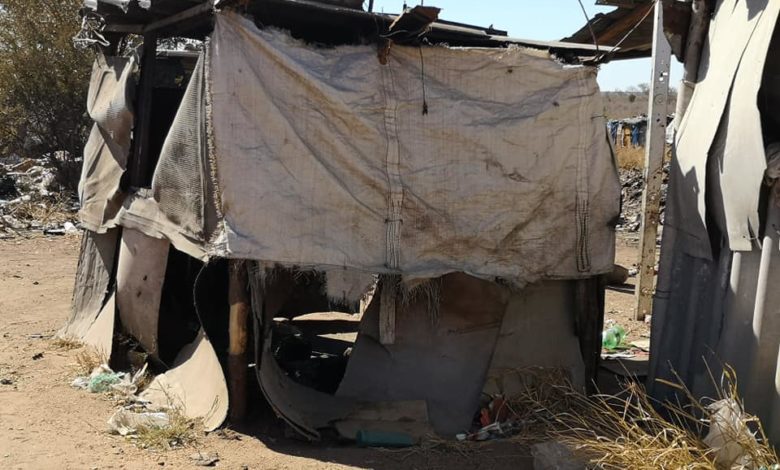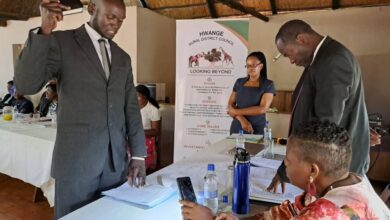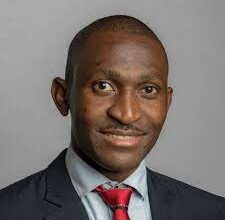
Several non-profit organisations have come together to assist squatters at the Ngozi mine informal settlement, with life-enhancing services which they do not easily have access to.
The informal settlement also serves as Bulawayo’s main dumpsite.
The organisations, which deal with feeding the hungry, provision of health services to children and elders, legal services and assisting homeless, all came together under one banner called ‘We Are One’.
These consist of ORAP, Kurera Children’s Trust, Dominion Child, EatOut Movement, Nozizwe Mother of Nations Trust, Feed the City, Vision and Purpose, Ngozi Mine church, Do It For The Kids (DITFK), Viking, Baby Heroes and various individuals.
Lydiah Hakulandaba from EatOut Movement, noted that the initiative, which has been termed ‘Ngozi Week’, is a four day event set to run from December 2 to December 5.
“The We Are One Movement is a national initiative to support the most vulnerable members of our Zimbabwean society, especially in response to the Covid-19 pandemic,” she said.
“The We Are One Movement is a collaboration of efforts between organisations, individuals, companies and communities. The national coordination is driven by the EatOut Movement, with support from ORAP, Feed The City Zimbabwe, and the Ministry of Labour and Social Services.”
She highlighted that the services they wish to deliver to the Ngozi Mine dwellers include HIV and AIDS testing, access to sexual reproductive health, birth certificates and ID registration among others.
“The services we intend to assist the people here with include, among others, general medical and dental consultancy, child services: legal, counselling, education, enhanced livelihoods linkages, advocacy against gender-based violence and youth life skills education, including combating drug abuse.”
Hakuladaba noted that the community, which houses over 250 families, faces various challenges from marginalisation since the community’s presence at the landfill site is not sanctioned by local authorities and thus cannot receive any government or council services.
“The challenges they face include lack of water, education for the children, food insecurity, lack of access to health, abuse amongst many issues. Children are the most affected as they are still vulnerable and bear the greatest effects of these problems,” said Hakuladaba.





